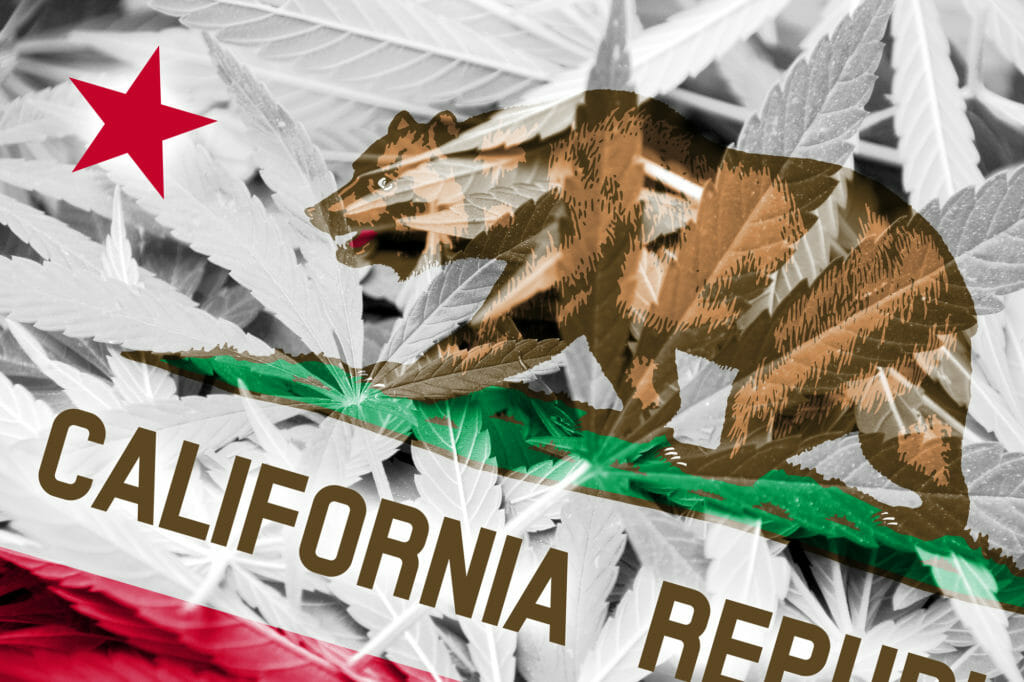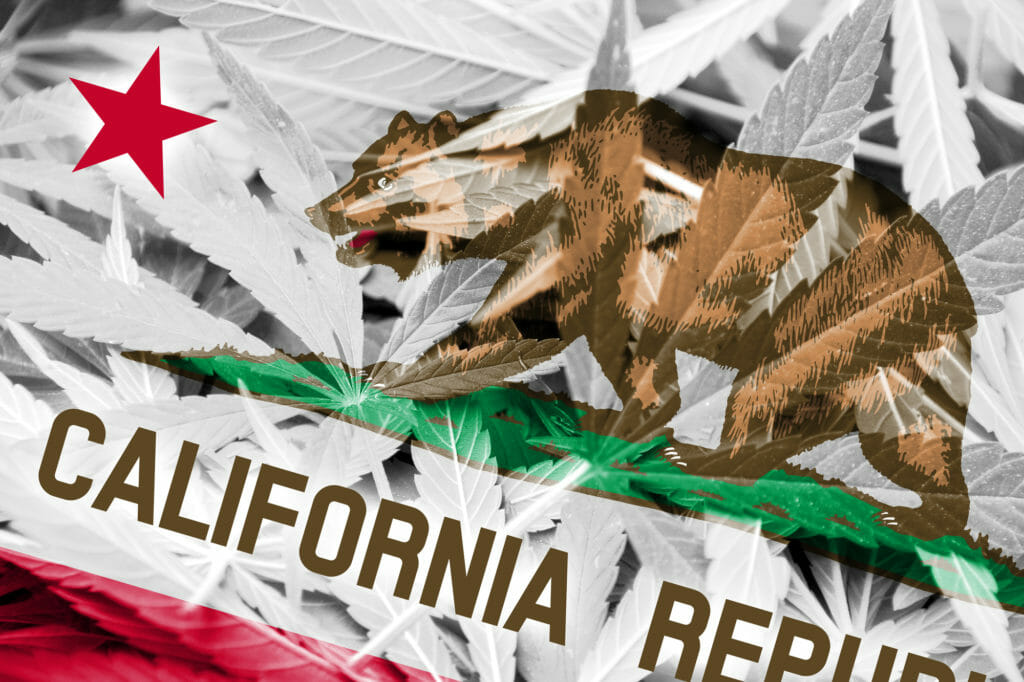
Election day this year proved to be a big step forward in terms of drug policy reform, with Arizona, Montana, New Jersey, and South Dakota legalizing adult-use cannabis, Mississippi legalizing medicinal cannabis, Washington DC decriminalizing a host of psychedelic plants, and Oregon leading the way by legalizing psilocybin for therapeutic use and decriminalizing non-commercial possession of ALL controlled substances.
But here in California, at least thirty-five cities and counties were also voting on cannabis-related issues, and those ballot initiatives were largely successful. As Marijuana Business Daily noted in their overview of the successful initiatives, “as of June, only 168 of California’s 540 cities and counties allowed for any type of legal MJ retail operations, and many of those don’t allow adult-use retail, only medical,” and across California, there are currently only about 700 storefront retailers, which is arguably woefully insufficient.
In this two-part series of posts, we’ll provide a rundown of what happened with cannabis at the local level in this year’s election, and how in some jurisdictions, that might pave the way for new commercial cannabis opportunities across California.
Artesia: Measure Q
Voters in Artesia, a suburb in Los Angeles County, voted to authorize a tax on marijuana businesses of 15% of gross receipts and $20 per square foot for cultivation. Proponents of the measure estimated that these taxes could generate $200,000-400,000 per year in revenue for city services.
Banning: Measure L
Voters in Banning, located in Riverside County, authorized a tax of up to 10% on marijuana distribution facilities to provide an estimated $20,289-$405,790 per year for general city services.
Benicia: Measure D
Voters in the Bay Area city of Benicia approved an opinion that new marijuana dispensaries should be permitted within the city. Measure D was put on the ballot as a nonbinding, advisory question with no ability to change local law.
Calaveras County: Measure G
Voters in Calaveras County approved a new tax structure, establishing a maximum marijuana activities tax, not exceeding $7.00 per square-foot for cultivation area and 8% of receipts for other marijuana activities, generating an estimated $1.5 – $3 million per year to be used locally.
Calabasas: Measure SB
Voters in Calabasas approved a cannabis tax structure, authorizing a 10% tax on marijuana businesses generating an estimated $10,000 per year to fund city services.
Commerce: Measure SB
Voters in Commerce rejected a measure that would have approved six marijuana company-development agreements struck between city officials and businesses.
Costa Mesa: Measure Q
Voters paved the way for the City of Costa Mesa to allow commercial cannabis retail stores by approving a measure allowing a 4%-7% gross receipts tax on retail marijuana businesses generating an estimated $3 million per year for city services, and the regulation of marijuana business locations.
Encinitas: Measure H
Voters approved the City of Encinitas’ authorization of commercial cannabis activities, including retail sales, cultivation, manufacturing with certain restrictions. Encinitas currently bans all commercial cannabis activity.
Fairfield: Measure C
Voters in Fairfield authorized a marijuana business tax of 6% of gross receipts for retail businesses, 4% of gross receipts for other businesses, and $10 per square foot for cultivation generating an estimated $237,500 – $360,000 per year.
Grass Valley: Measure N
Voters in Grass Valley approved an 8% gross-receipts tax for retailers, a 6% gross-receipts tax for other businesses and a cultivation tax of up to $7 per square foot.
Hawthorne: Measure CC
Voters in Hawthorne authorized a 5% tax on marijuana businesses generating no revenue until marijuana businesses are permitted in Hawthorne.
Jurupa Valley: Measure U
Voters in Jurupa Valley rejected a measure that would have expanded the number of retailers allowed in the city from seven to nine and increased taxes on cannabis businesses.
King City: Measure P
Voters in King City approved a tax of up to 5% of gross receipts for the sale of marijuana and marijuana products and up to 2% of gross receipts for the distribution of marijuana and marijuana products from outside King City generating an estimated $150,000 per year.
Laguna Woods: Measure V
Voters in Laguna Woods approved the opinion that marijuana dispensaries for retail sale of medical and non-medical marijuana should be permitted within city limits. Measure V was put on the ballot as a nonbinding, advisory question with no ability to change local law.
La Habra: Measure W
Voters in La Habra authorized permits for up to four marijuana delivery businesses and a gross receipts tax of up to 6% on commercial marijuana businesses generating an estimated $1-2 million per year for general services including emergency responses, public safety, addressing homelessness, senior programs, open space preservation, and small businesses.
Lemon Grove: Measure J
Voters in Lemon Grove, near San Diego, authorized a tax on marijuana retail business of up to 8% and on other marijuana businesses of up to 4% of gross receipts generating an estimated revenue of between $560,000 and $1.12 million per year for general city services.
Madera: Measure R
Voters in Madera authorized a tax on marijuana businesses of 6% of gross receipts for retail businesses, 4% of gross receipts for other marijuana businesses, and no more than $10 per square foot for cultivation generating an estimated $720,000 – $1.08 million per year. Madera currently prohibits commercial cannabis activity.
Marina: Measure Z
Voters in Marina authorized restrictions on marijuana business proximity to parks and recreation centers, maintaining a 5% gross receipts tax on marijuana businesses and the cap of three adult retailers and three medical dispensaries, and continuing to prohibit recreational sales to individuals under 21.
Marysville: Measure N
Voters in Marysville authorized a tax on marijuana businesses of 6% of gross receipts for retail, 4% of gross receipts for other marijuana businesses, and $10 per square foot for cultivation, generating an estimated $300,000 – $470,000 per year for municipal services including law enforcement, fire services, roads and recreation.
Mount Shasta: Measure L
Voters in Mount Shasta rejected a measure that would have authorized regulations and licensing requirements for industrial marijuana businesses.
____________
We’ll cover the remainder of the cannabis-related election results here in California in the next installment of this two-part series of posts.
The post California Voters Expand Commercial Cannabis Opportunities Across the State: Part I appeared first on Harris Bricken.



